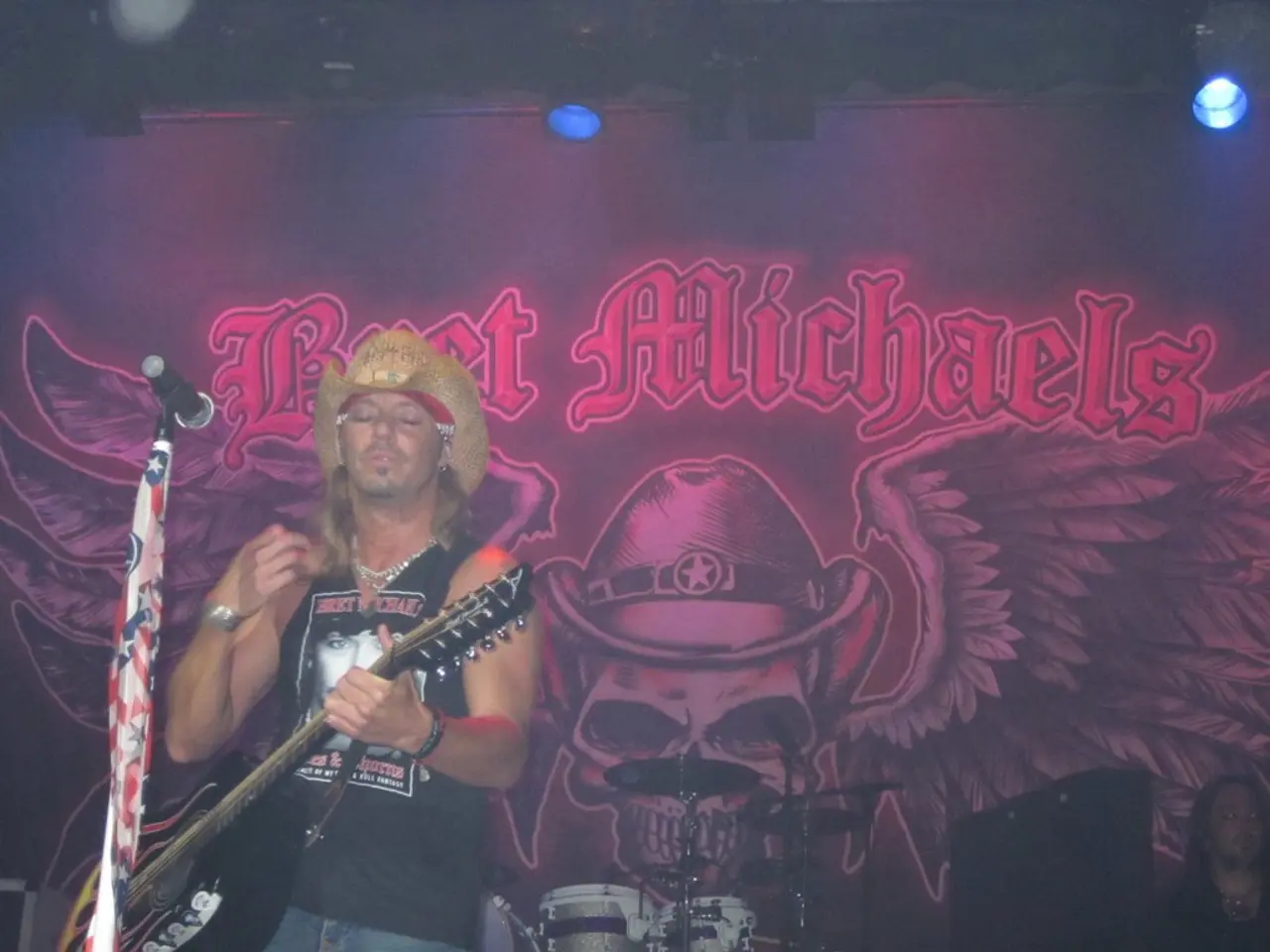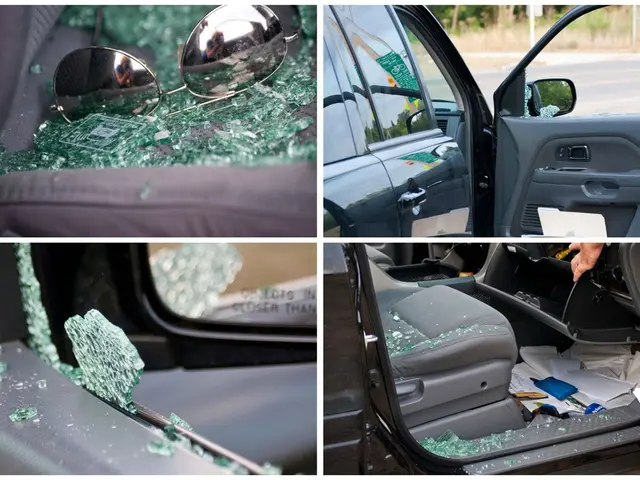Expanded hip-hop platform Lyricist Lounge transformed from a charitable community collective to a lucrative TV show and influential hall of fame.
Lyricist Lounge: From Local Open Mic to Global Hip-Hop Legacy
Lyricist Lounge, a nonprofit safe haven for MCs, was founded in 1991 by Danny Castro and Anthony Marshall. Originating as weekly open-mic sessions in a vacant apartment on the Lower East Side, the movement quickly grew into a local sensation that drew in every facet of the hip-hop spectrum.
The first paid venue for Lyricist Lounge was The Village Gate, secured after Castro and Marshall successfully pitched the idea to the owners. The entry fee for the first showcase was a modest $5. This humble beginning marked the start of a journey that would see Lyricist Lounge evolve into a global brand.
One of the defining moments in Lyricist Lounge's history was the release of their second album, Lyricist Lounge 2, in partnership with Rawkus Records. The Notorious B.I.G's 1993 performance at Lyricist Lounge, stationed as the first track on the album, added a touch of legend to the brand. The album debuted at number seven on Billboard's Top R&B/Hip-Hop Albums chart, solidifying Lyricist Lounge's influence in the music industry.
The brand's expansion included ventures into radio and television. The Lyricist Lounge Show premiered on MTV in 2000 and ran for two seasons, showcasing a diverse range of artists. The show featured comedians such as Tracee Ellis Ross and Heather McDonald, and rappers like Wordsworth and Babee Power.
Lyricist Lounge has maintained a strong connection with the Wu-Tang Clan, with several members headlining their events. Last weekend, Raekwon, a member of Wu-Tang Clan, commemorated the 30th anniversary of his solo debut, Only Built 4 Cuban Linx, at a recent event presented by Lyricist Lounge as part of BRIC Celebrates Brooklyn!.
Over the years, Lyricist Lounge has become a pioneer of the underground hip-hop community, showcasing artists such as Foxy Brown, Mobb Deep, The Notorious B.I.G, Rah Digga, Eminem, Mos Def, Common, Guru, KRS-One, Fat Joe, Smif-N-Wessun, and Q-Tip. Notable tracks from Lyricist Lounge 2, such as "Ms Fat Booty 2" featuring Mos Def and Ghostface Killah, and "Get Up" featuring Cocoa Brovaz (Tek and Steele of Smif-N-Wessun), reached impressive heights on the charts, further cementing Lyricist Lounge's reputation as a key incubator of talent.
Today, Lyricist Lounge continues to nurture the growing world of rap enthusiasts through its record label and events. Its legacy is that of a cultural institution that not only preserved hip-hop as an art form but also played a crucial role in shaping its evolution and commercial integration worldwide. From its roots in a vacant apartment on the Lower East Side to its current status as a global hip-hop legacy brand, Lyricist Lounge's commitment to artistic expression, community building, and hip-hop's enduring relevance across generations and geographies remains unwavering.
Danny Castro, a co-founder of Lyricist Lounge, collaborated with Anthony Marshall to bring entertainment to the music industry. In the early 2000s, the Lyricist Lounge Show, featuring artists like Raekwon from the Wu-Tang Clan, was showcased on MTV.







